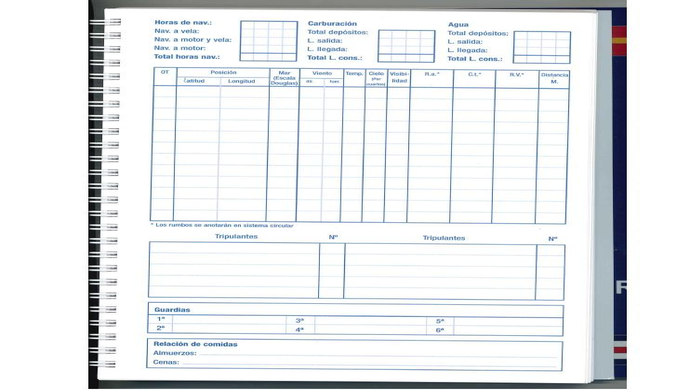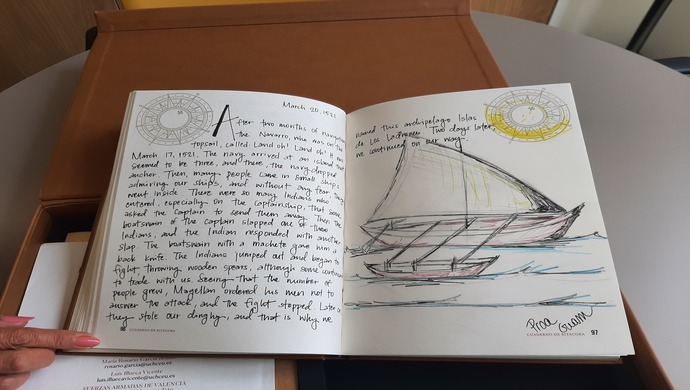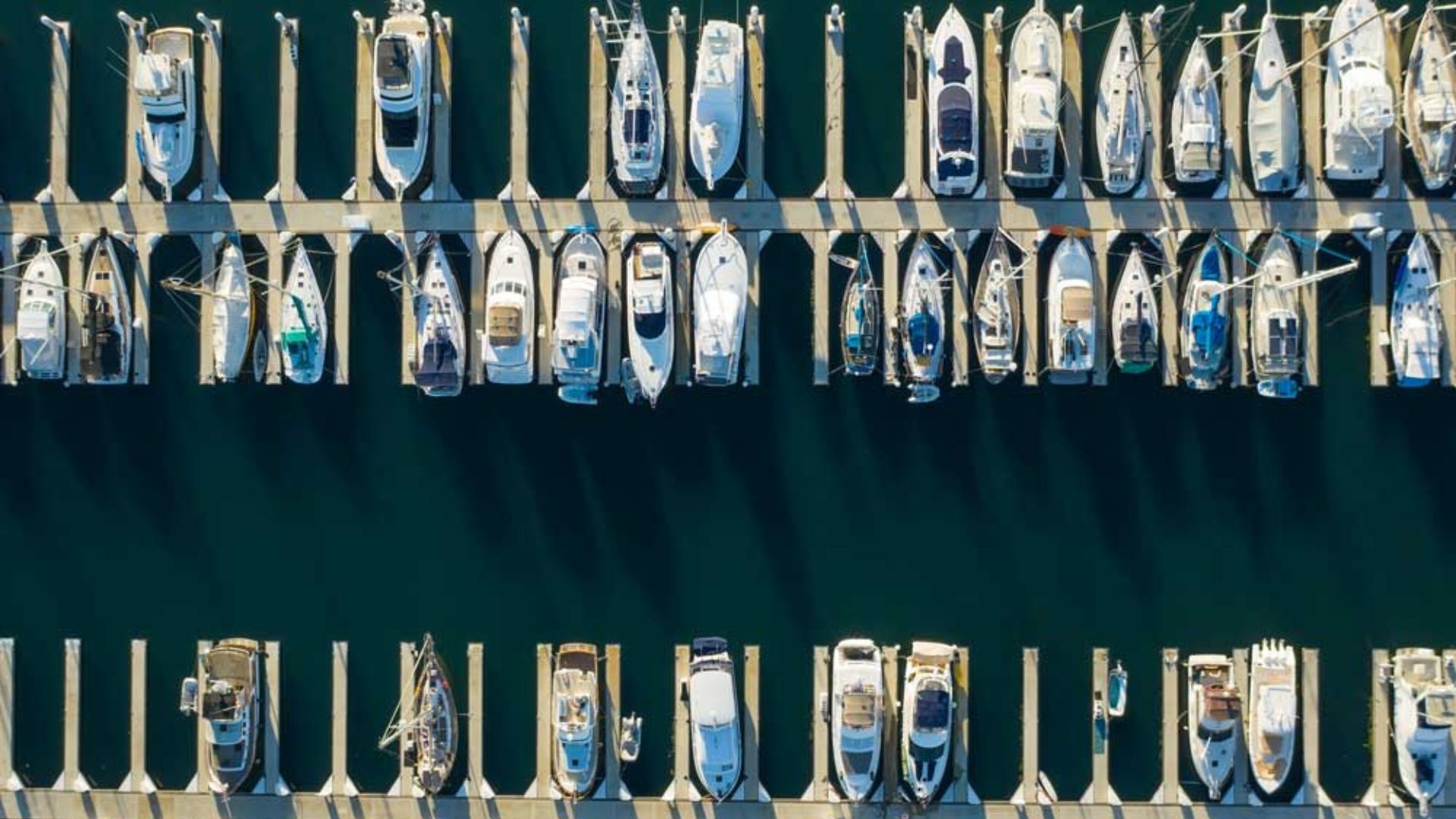
Logbook. What is it and how to use it?
The logbook is a detailed record of events, observations and reflections that is made on a regular basis by sailors.
Origin
It was used in the field of navigation to document the details of the voyage and keep a record of the route, weather, discoveries and any other relevant events.
In the old days, the bridge of the ships was uncovered and when the weather was bad, it was kept inside the binnacle, so that it would be protected. The binnacle is a tool that was fixed on the deck of the ships, near the rudder, to facilitate navigation in unknown oceans.
The use of the logbook nowadays
Today, the concept has spread to different fields, such as science, research, learning, personal development and many other areas where it is useful to keep a written record of activities and experiences.
The main purpose of a logbook is to provide a means of reflecting on what has been experienced, learned or discovered. It can also serve as a valuable tool for tracking, setting goals and keeping a record of progress.
Their use in the maritime field shall be foliated, initialed and stamped, sheet by sheet, by the authority of the Maritime Administration. In addition, they must not contain interlineations, erasures or amendments.
However, it is not an official document as it would be the Logbook, although for recreational vessels the latter is not mandatory. Physical book.

Sources: https://www.depositohidrografico.com/
How is the logbook used?
This is how it has been used over the years:
Navigation log
Navigators recorded information related to navigation, such as the route followed, estimated position, and astronomical calculations to determine latitude and longitude. This included details about the ship's speed and course, changes in wind direction, ocean currents, and any incidents related to navigation. Record any maneuvers performed, tacks or sail changes in the case of a sailing vessel. Describe the reasons and circumstances leading to the performance of each maneuver.
Weather conditions
Weather data were recorded, including wind direction and strength, sea state, water temperature, and any significant changes in atmospheric conditions. It is also important to note other data such as wave height, visibility and sky conditions. In addition, to record air and water temperature.
These records were useful for assessing navigational safety and predicting possible storms or other weather phenomena.
Encounters with other ships or places
Sightings of other ships, islands, coastlines or other relevant landmarks were noted. This helped navigators to have a visual reference of their position and to keep a record of places visited. It includes details about the location and actions taken in relation to these encounters.
Description of marine fauna and flora
Navigators often documented the species of animals and plants they encountered during the voyage. This could include sightings of whales, dolphins, seabirds or other sea creatures, as well as details about coastal vegetation or seaweeds, also changes in sea conditions or any other significant events during the voyage.
Highlights and anecdotes
Navigators also used the logbook to record important events, such as geographic discoveries, encounters with indigenous peoples, or unusual situations.
These notes provided a historical record of events that occurred during the voyage and could be used for future expeditions or reports.

Maintenance and repairs
Record any maintenance performed on board or repairs required. Include details of actions taken, parts replaced and any significant technical problems.
Observations and reflections
Use the logbook as a space to reflect on the voyage, your experiences and the challenges you face. You can add personal notes, thoughts and reflections relevant to your own analysis or to share with the crew.
Today, with technological advances, mariners use advanced electronic equipment and navigation systems. However, the term "logbook" has been extended to areas outside of navigation, such as scientific research, space exploration, and the recording of specific projects or activities.
In these cases, the basic principles of recording events, observations and reflections still apply.













_v2.svg)
_v2.svg)









_v2.svg)


